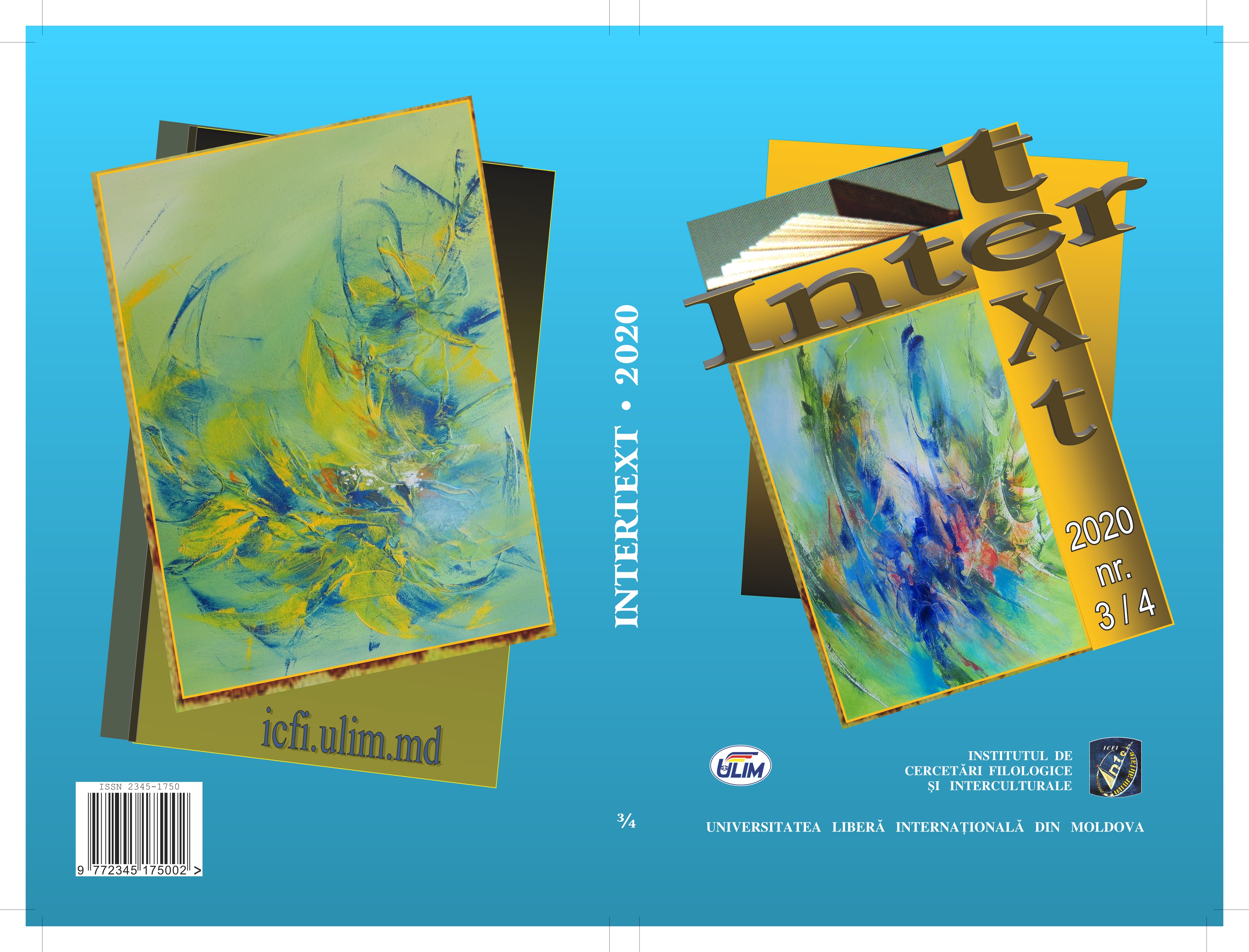Peculiarities and Difficulties of Cosmetic Products Advertisement Translation
Peculiarities and Difficulties of Cosmetic Products Advertisement Translation
Author(s): Alexandra RusuSubject(s): Language and Literature Studies, Theoretical Linguistics, Morphology, Lexis, Translation Studies
Published by: Universitatea Liberă Internațională din Moldova
Keywords: terms;terminology;translation studies;translation technique; cosmetic products;advertisement;source language (SL);target language (TL);
Summary/Abstract: This article aims at examining the problems of translation from English as a source language, into different target languages, amongst which, Romanian and Russian languages, as well as English, especially the translation of cosmetic products, which is always misunderstood. It also discusses the viewpoint of different linguists on the possibilities and impossibilities of translation. We shall try to discuss under a complex analysis not only the theories pertaining to the translation but also about the terms and terminology itself. Terms are, however, neither exclusively translatable nor exclusively untranslatable. The degree of difficulty of translation depends on their nature, as well as on the translator’s knowledge of the languages in question. Quite often, a text or utterance that is considered to be “untranslatable” is actually a lexical gap, i.e. there is no one –to- one equivalence between the word, expression or turn of phrase in the source language and another word, expression or turn of phrase in the target language. A translator can, however, resort to a number of translation procedures to compensate for this. We shall try to enlarge on this subject of difficulties in translating cosmetic products advertisements, exemplifying eаch chаllenge thrоugh persоnаlly encоuntered exаmples аnd аnаlyzing in detаils eаch аspect аnd difficulty in trаnslаtiоn.
Journal: Intertext
- Issue Year: 2020
- Issue No: 3-4
- Page Range: 69-76
- Page Count: 8
- Language: English

